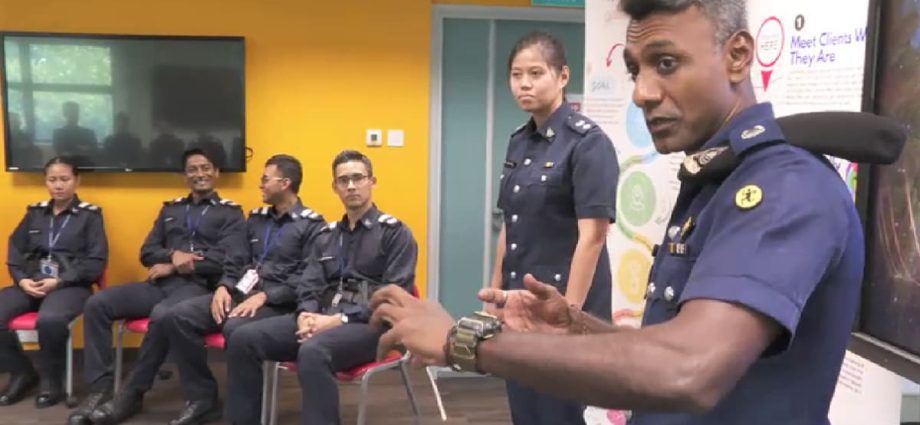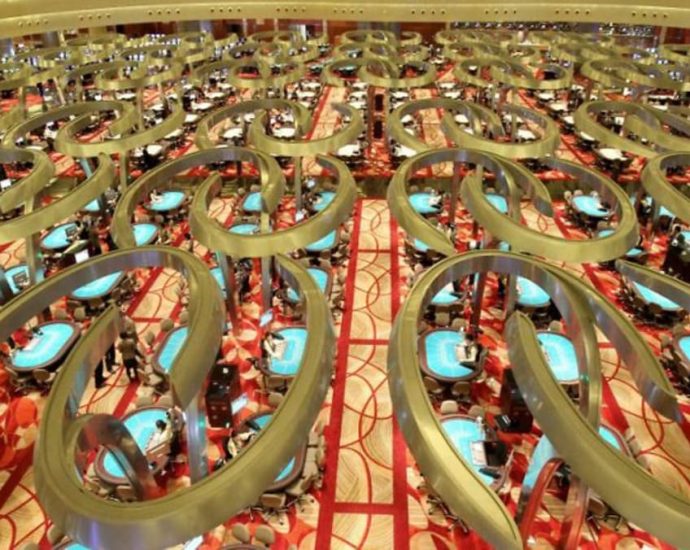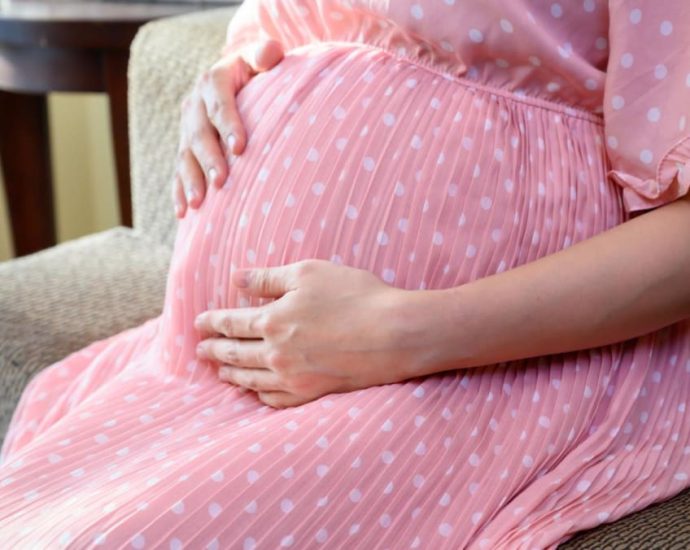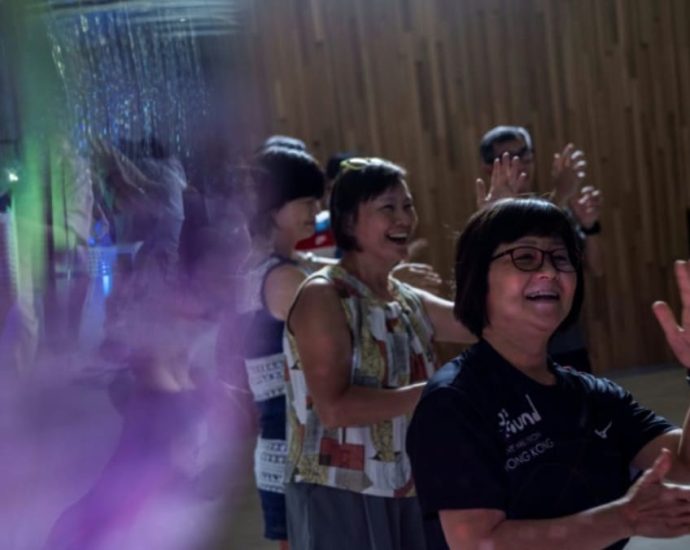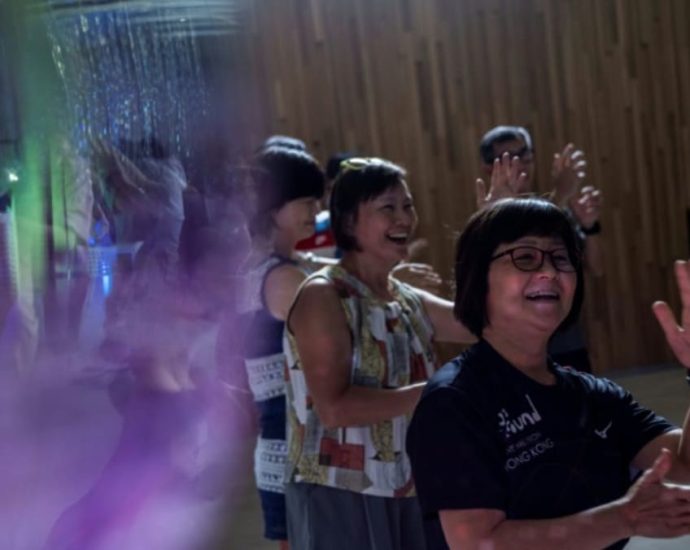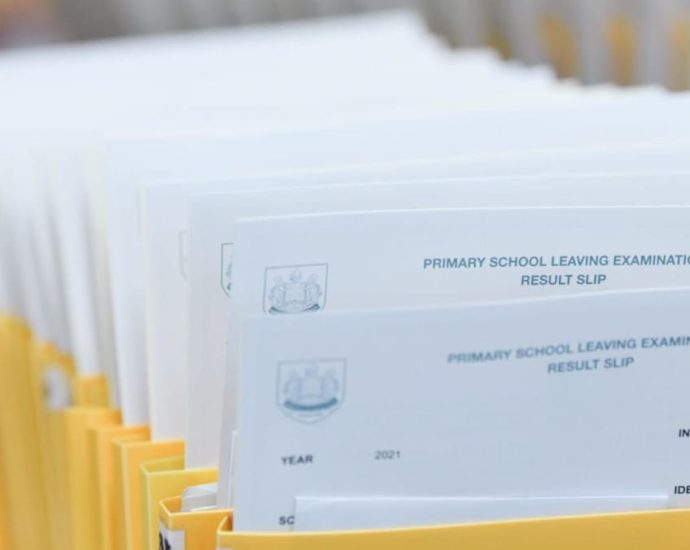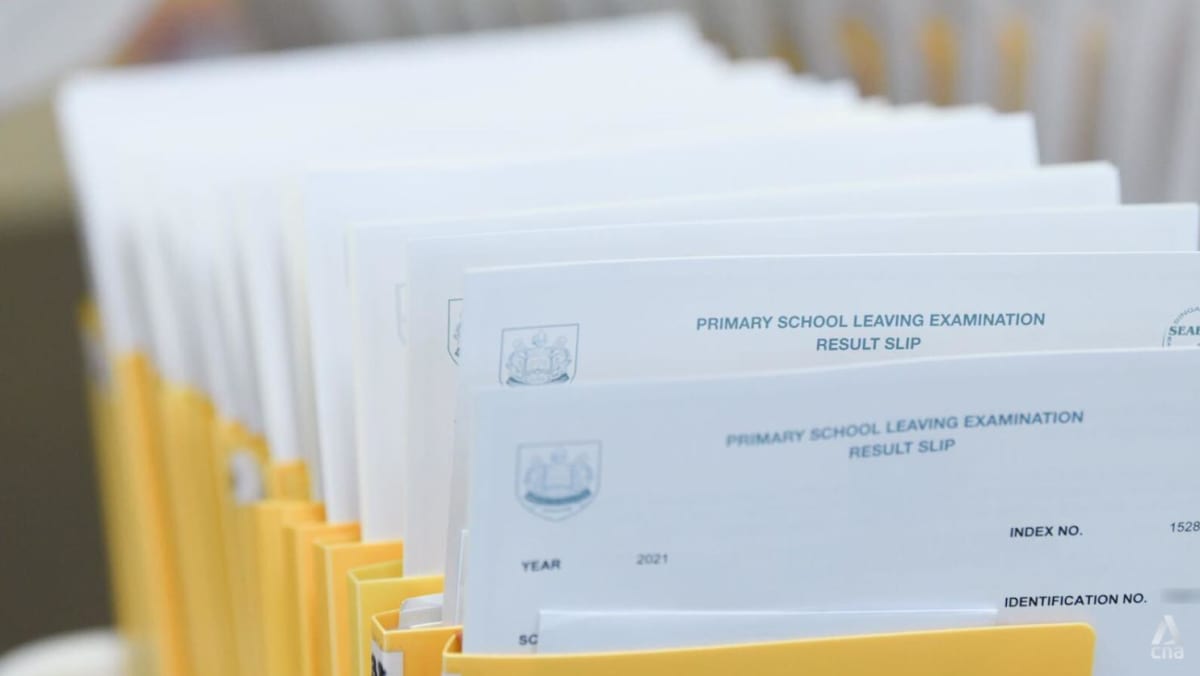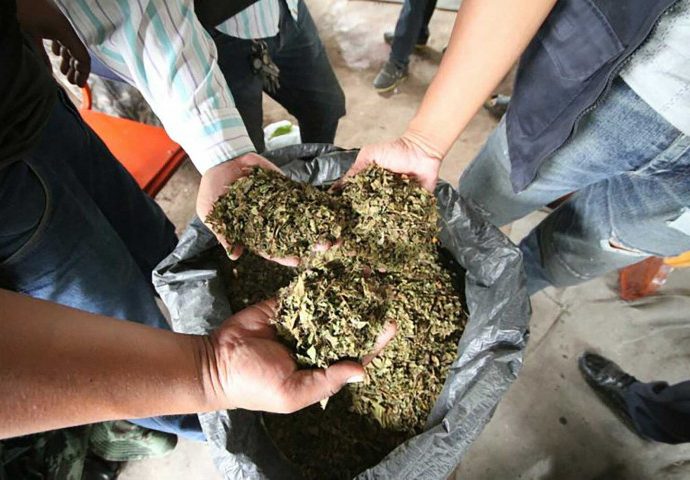Prisons to increase in-house coaches to equip officers with soft skills needed to help rehabilitate inmates
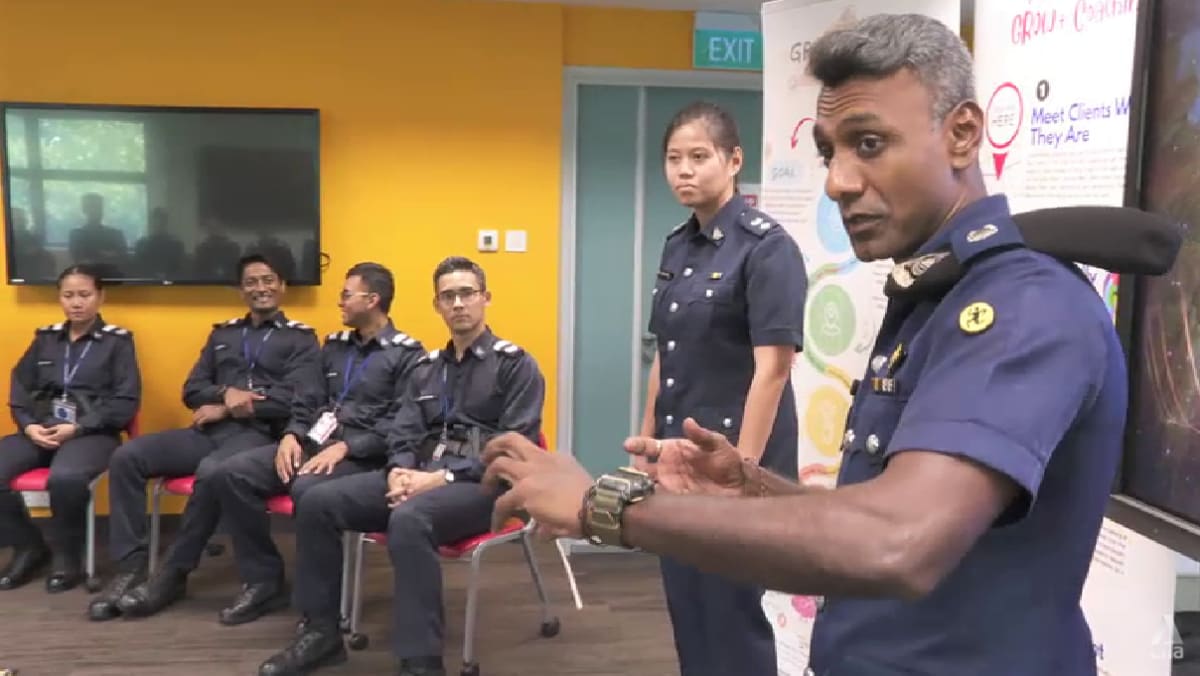
CHANGING LIVES
“It is essential for staff to engage in purposeful interactions not only with their co-workers but also inmates and supervisees under their charge,” said the SPS.
“Therefore, staff will be trained to contextualise and apply coaching skills in their daily operational engagements, strengthening the ongoing rehabilitation and reintegration efforts.”
The approach has ignited a flame in Brenna and many other inmates.
For Brenna, she found her purpose in the kitchen and is ready for a new chapter in life.
“I just enjoy cooking, but I never thought it would become a career. This is what I want to do for the rest of my life, if I can,” she said.
“I feel more motivated. I am actually enjoying something, I am actually doing something I like.”
Paradise Now director Jonathan Koh has been impressed with her work ethic, as she has shown her passion and drive to excel in the field.
“I think what she brings to the kitchen is creativity, hard work, and definitely a passion for cooking. The passion to be able to push the dishes further at every step is definitely what every kitchen will look for,” he said.
“I won’t be surprised to see her running her own restaurant someday in the future.”
Mr Koh added: “It is not easy, definitely not an easy industry to be in, and even harder to excel in.
“I think she really put in a lot of dedication and showed me that she really wanted to work hard to achieve her dream of becoming a cook. I felt that we could really help her, to help her excel.”

